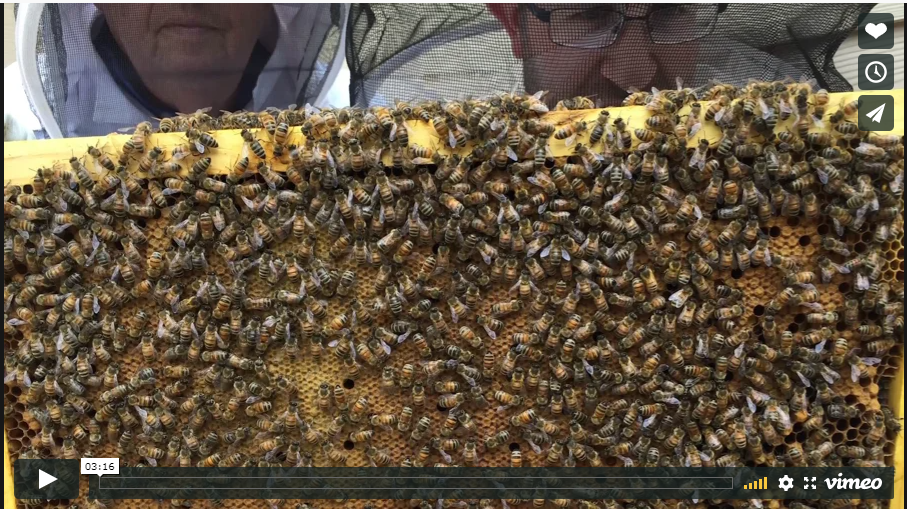Veterinary Consultant Josh Vaisman kind of fell into beekeeping. He couldn’t have anticipated how his relationship with his hives would evolve. Watch his story on NAVC’s Spark Community channel: https://navc.com/spark/2020/05/13/spark-community-story-a-buzzworthy-human-animal-bond/ […]
A Buzzworthy Human-Animal Bond
